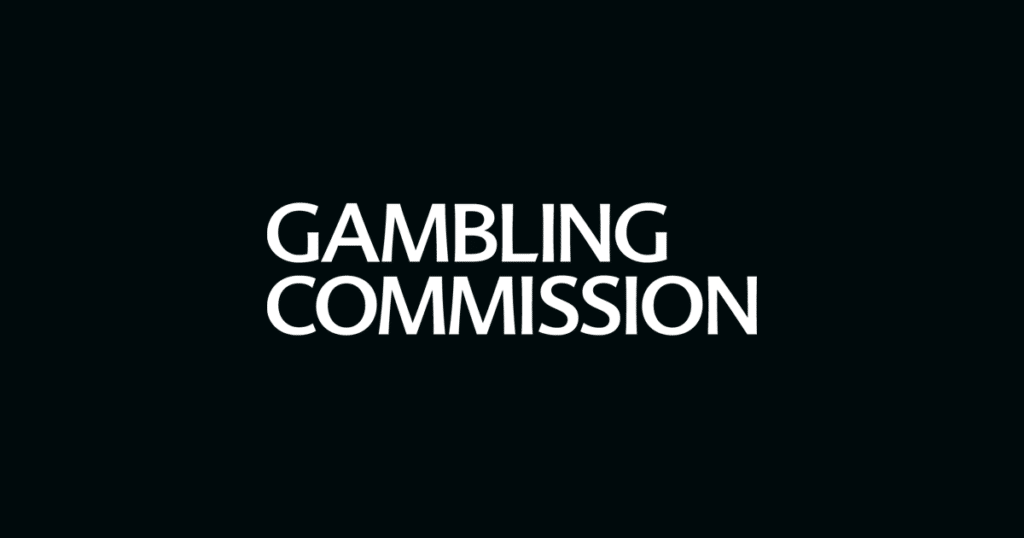What is the UK Gambling Commission? – UKGC Explained
The Gambling Commission is body that is responsible for regulating and supervising gambling in the UK. We’re going to explain everything you need to know about the UKGC, so that you know exactly what it does and how it protects bettors.
History, Powers & Principles of the UK Gambling Commission

The Gambling Commission was born out of The Gambling Act 2005, which was an act of the UK parliament. It serves as a non-departmental public body of the UK government, regulating and supervising gambling and gaming law. This covers arcades, bingo, casinos, lotteries, slot machines and sports betting, both on physical premises and remotely.
Replacing the Gaming Board of Great Britain in 2007, the Gambling Commission has a number of responsibilities. It must keep crime out of the betting industry, ensure that gambling is fair and open, while protecting children and vulnerable adults. Other obligations include improving industry standards and protecting the public from gambling-related harm.
You may have used online betting sites that have a UKGC licence. The Gambling Commission issues licences to gambling companies in the UK. In the case of remote gambling, i.e. online or over the telephone, any betting company either based in Great Britain, or based elsewhere yet advertises in the UK, must have a license issued by the Gambling Commission.
How UKGC Regulations Work
Online betting sites that hold a Gambling Commission licence have to operate within certain regulations. Licensees must follow the requirements set out in the License Conditions and Codes of Practice, called the LCCP for short.
The Gambling Commission carries out regular assessments to ensure that the licensees are meeting the requirements set. You can view the LCCP requirements that are relevant to online betting sites in full here.
It’s quite a big document, so let’s quickly sum up some of the key requirements for online betting sites holding a licence from the Gambling Commission. They must properly identify users, so that they can be appropriately protected. Their betting service must be fair and open. Problem gambling must be combated and unsafe practices such as depositing through credit cards must be outlawed. Money laundering and criminal activity must be prevented. There are also all sorts of standards that must be met, ranging from the manner in which the company advertises, to technical quality of the product and many more factors.
Companies that fail to comply with the UKGC regulations can be subject to sanctions. These include warnings and fines for less serious issues, while more serious breaches can lead to the revoking of a licence.
Different Types of UKGC Licence
We have mainly focused on the type of licence issues to online bookmakers, as that is what’s most relevant to us here at Betting Sites Reviewed. There are however, some different types of licence issued by the UKGC as follows:
- Operating Licences – The Gambling Commission give out operating licences to online companies, as we have already described and those providing physical gambling services. Some betting firms hold bet types, as they run both betting websites and physical operations such as casinos or betting shops.
- Personal Licences – Key staff at licensed gambling operators may have to apply for a personal licence. These are Personal Management Licences or Personal Functional Licences. If you want one, then you must pass eligibility tests, pay fees, meet industry guidelines and train staff about any changes made by the Gambling Commission.
- Premises Licences – Premises where gambling activities take place must have a licence. It is important that the Gambling Commission have a record of where physical betting businesses are located. These premises much comply with regulations as varied as preventing underage gambling, to guarding against making too much noise.
Must Meet Criteria for the UK Gambling Commission Register
We’ve discussed the various types of licences issued by the Gambling Commission. You may be wondering what is required to apply for such a licence and be granted one.
A portal on the Gambling Commission website lets people apply for a licence. The process takes around 16 weeks.
Any betting business applying for a licence must come from the owner, who must be 18+. Supporting documents must be provided by the owner, giving the Gambling Commission the relevant information regarding management, ownership structure, a certificate of incorporation, share certificates and many other documents pertaining to the business.
UKGC Complaints Process & Procedure
If you have an issue with a licensed company, there are guidelines available that take you through the UK Gambling Commission complaints process.
The first step is to check the relevant terms and conditions, which will depend on if your complaint is related to your betting account generally, betting offers, or bet. Should you feel that your complaint is warranted having checked the terms and conditions, it’s time for the next step.
You should address the complaint to the betting company itself, providing all the relevant information about the issue. They have eight weeks to conduct an investigation and provide you with a result.
If that doesn’t satisfy you, then the Gambling Commission suggest escalating the complaint to a an Alternative Dispute Resolution provider. These are independent bodies who act as mediators in disputes between gambling companies and their customers. Such bodies include the ProMediate UK Limited and IBAS, with the latter specialising in disputes that involve bets.
In addition to UKGC complaints regarding licensed operators, the Gambling Commission is also there for any complaints regarding betting advertising, or suspicious betting activity.






